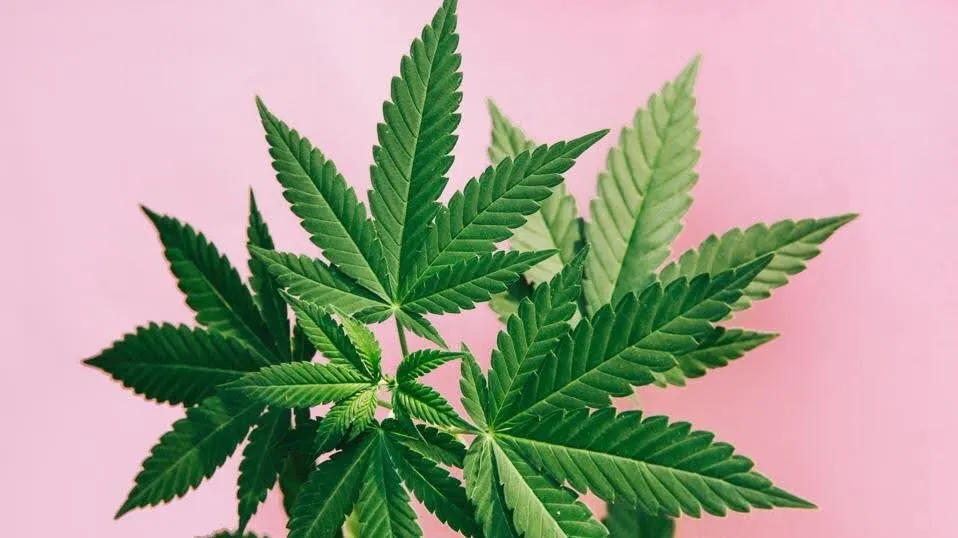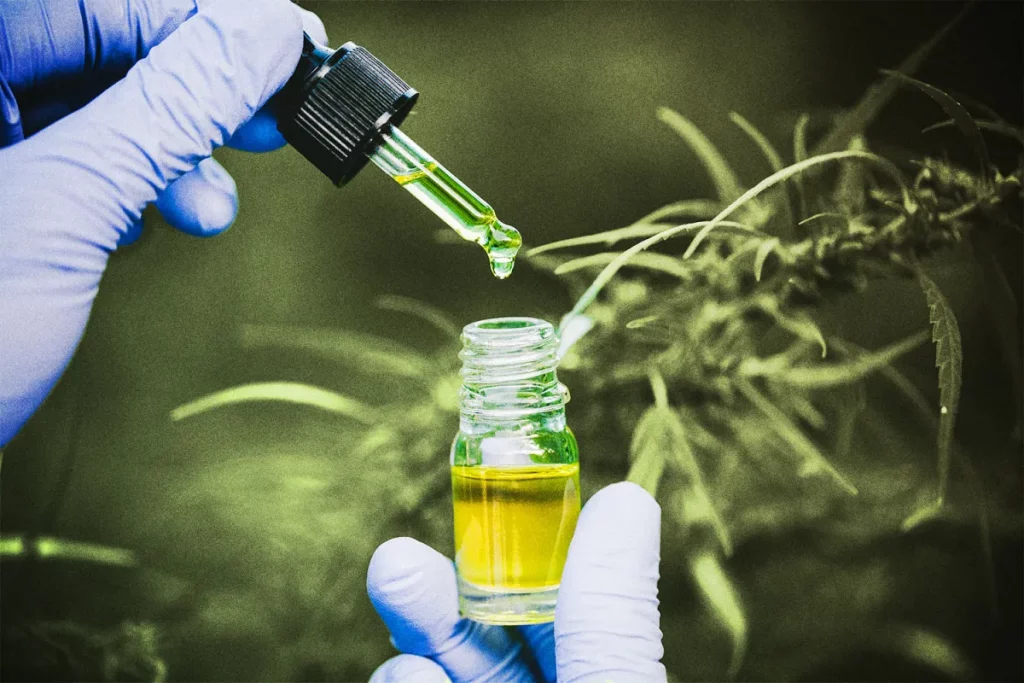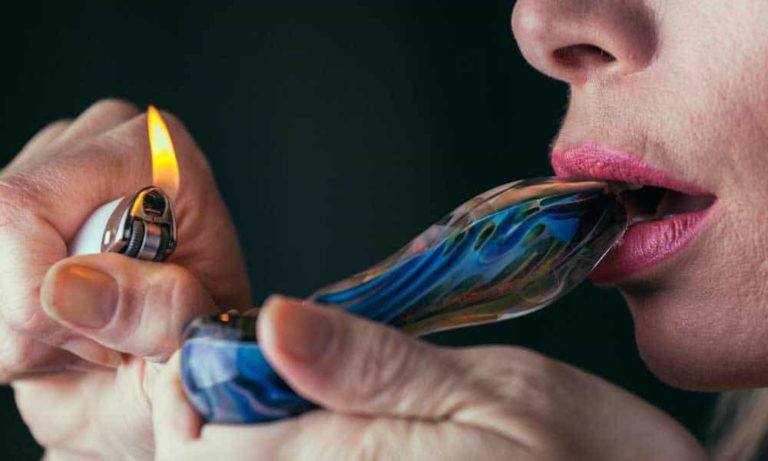In the world of cannabinoids, THCa and Delta-8 THC have been gaining popularity for their unique properties and effects. Understanding the distinctions between these two compounds is essential for consumers looking to explore the diverse landscape of cannabis-derived products. Let’s delve into the primary disparities between THCa and Delta-8, examining their potency, effects, legality, production process, and where to find them, particularly at STNR Creations.
THCa vs Delta-8: Unveiling the Variances

THCa, the acidic precursor to THC, differs from Delta-8 THC in its chemical structure. While THCa remains non-psychoactive in its raw form, Delta-8 is known for its mild psychoactive effects, albeit less potent than Delta-9 THC.
Potency Percentage Distinctions:
– THCa: THCa lacks psychoactive effects until heated, making its potency zero in its raw state.
– Delta-8: Approximately 40% less potent than Delta-9 THC, Delta-8 offers noticeable yet manageable psychoactive effects. insomnia, anti-emetic, and anti-proliferative properties. While it may not induce euphoria or relaxation on its own, it can complement other THC products for enhanced effects.
– Delta-8: Users of Delta-8 often experience relaxation, mild euphoria, and increased appetite. The effects are described as pleasant and manageable, ideal for unwinding without feeling overwhelming intoxication.
Legality of THCa and Delta-8:

Both THCa and Delta 8 THC are legal under the 2018 Farm Bill, provided the THC content remains below 0.3%. This legal framework has enabled more extensive access to hemp-derived products for consumers across 41 states, fostering a thriving market for cannabinoids.
Production Process:
– THCa: Naturally occurring in cannabis, THCa requires heat to activate its psychoactive properties. It is often found in crystallized form, such as THCa diamonds.
– Delta 8: Manufactured through isomerization, Delta-8 is derived from CBD or Delta-9 THC. This chemical conversion alters the compound’s structure, producing a milder psychoactive effect than Delta-9.
Comparing Delta-8 Effects to THCa Effects

Delta 8 THC is highly regarded for producing a pleasant and relaxing experience, often accompanied by mild euphoria. Users commonly report feeling at ease without experiencing significant cognitive impairment. Additionally, Delta-8 may increase appetite, making it a popular choice for relaxation and unwinding.
In contrast, THCa lacks intoxicating effects in its raw form. However, it offers numerous potential health benefits, including anti-inflammatory and anti-nausea properties. THCa can be added to other THC products to enhance their effects, albeit without inducing noticeable psychoactive outcomes on its own.
Discovering THCa and Delta-8 at STNR Creations:
STNR Creations is a premier destination for obtaining high-quality cannabinoid products like Delta 8 and THCa. By using the coupon code SLYNG420NG, new customers can enjoy a generous 20% discount on their first order, making the experience of exploring STNR’s D8 Shots even more enticing.
THCa Vs Delta 8 – Conclusion
THCa and Delta 8 offer distinctive benefits and effects, catering to diverse consumer preferences. While THCa remains non-psychoactive until heated, Delta-8 provides a gentle euphoric experience without the intensity of Delta-9 THC. Both compounds have found favor among users seeking alternative wellness options within the legal hemp-derived market.
Whether you’re intrigued by the therapeutic potential of THCa or curious about the relaxing effects of Delta-8, understanding the nuances between these cannabinoids can empower you to make informed choices in your cannabinoid journey. And with reputable sources like STNR Creations offering various cannabinoid products, the possibilities for exploration and discovery are endless.
Disclaimer: The information provided in this article is for educational and informational purposes only. It is not intended as medical advice or to endorse using any specific cannabinoid products. Before incorporating THCa, Delta-8, or any other cannabinoid into your wellness routine, we recommend consulting with a healthcare professional, especially if you have underlying health conditions or are taking medications.